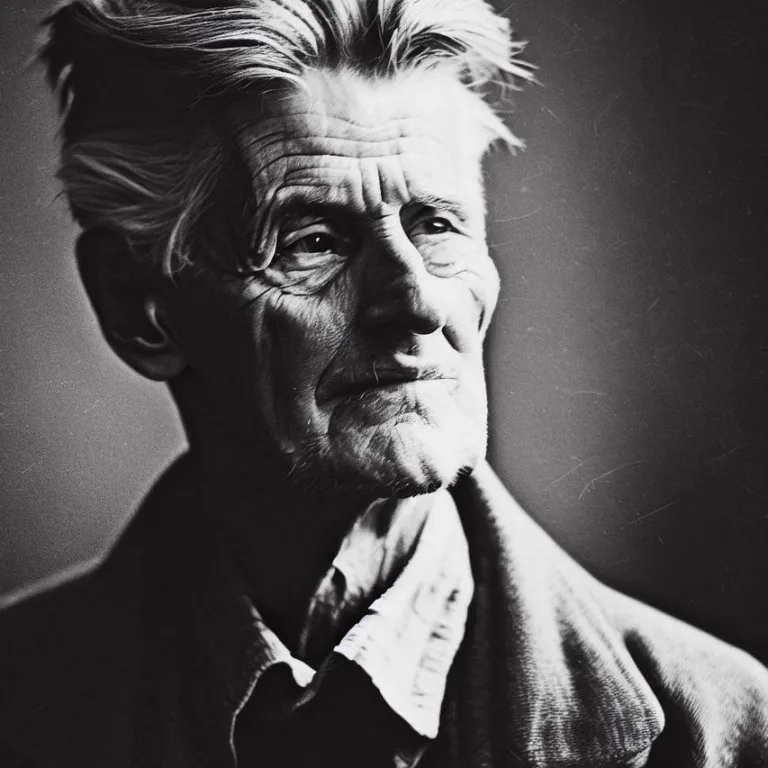Samuel Beckett, the renowned Irish playwright, novelist, and poet, is a name that resonates deeply in the world of literature. His works are celebrated for their profound exploration of the human condition, existentialism, and the absurdity of life. In this comprehensive article, we delve into the life, works, and enduring legacy of Samuel Beckett.
The early life of samuel beckett
Samuel Barclay Beckett was born on April 13, 1906, in Foxrock, a suburb of Dublin, Ireland. He was raised in a Protestant, middle-class family and was educated at the prestigious Portora Royal School and Trinity College, Dublin. Beckett displayed remarkable intellectual prowess from an early age, excelling in languages, literature, and cricket.
Beckett’s literary journey
Beckett’s literary career took flight in the 1920s, with his early works displaying a distinct Modernist influence. He spent a considerable amount of time in Paris, where he became acquainted with the likes of James Joyce, who had a profound impact on his writing style.
One of his most famous works, „Waiting for Godot,“ was published in 1952. This play, often considered a masterpiece of the Theater of the Absurd, explores the existential crisis of two characters, Vladimir and Estragon, as they wait endlessly for someone named Godot, who never arrives. The play’s minimalist setting and existential themes made it a groundbreaking piece of literature.
Beckett’s writing style
Beckett’s writing is characterized by its spare, minimalist prose. He often employed bleak and desolate settings to reflect the futility and emptiness of human existence. His works are replete with dark humor, wordplay, and a deep sense of despair.
Beckett’s trilogy of novels, including „Molloy,“ „Malone Dies,“ and „The Unnamable,“ further exemplify his unique narrative style. These novels are known for their internal monologues, fragmented narratives, and philosophical musings on the nature of identity and consciousness.
Beckett’s impact on literature and theater
The influence of Samuel Beckett on literature and theater is immeasurable. His avant-garde approach to storytelling challenged conventional norms and paved the way for future generations of writers and playwrights to experiment with form and content.
„Endgame,“ „Krapp’s Last Tape,“ and „Happy Days“ are among his other notable plays that continue to be studied and performed worldwide. Beckett’s ability to capture the essence of human existence in all its absurdity has made his works timeless and relevant to contemporary audiences.
The nobel prize and later life
In 1969, Samuel Beckett was awarded the Nobel Prize in Literature for his outstanding contribution to the world of letters. He remained a reclusive figure throughout his life, shying away from the public eye. Despite this, his impact on literature and theater continued to grow.
Beckett passed away on December 22, 1989, in Paris, leaving behind a legacy that continues to inspire writers, actors, and artists across the globe.
1. What is Samuel Beckett’s most famous work?
Samuel Beckett’s most famous work is „Waiting for Godot,“ a groundbreaking play that explores existential themes and the absurdity of life.
2. How did Samuel Beckett’s writing style influence literature?
Beckett’s minimalist and experimental writing style challenged traditional literary norms, inspiring future generations of writers to explore new forms of storytelling.
3. What was the significance of Samuel Beckett’s Nobel Prize in Literature?
Beckett’s Nobel Prize recognized his profound impact on the world of literature, particularly for his contributions to the Theater of the Absurd and his exploration of the human condition.
In conclusion,
Samuel Beckett’s legacy endures as a testament to the power of literature to probe the depths of human existence. His works continue to captivate audiences and provoke thought, ensuring that his name will forever be associated with literary genius.
Viz také:






